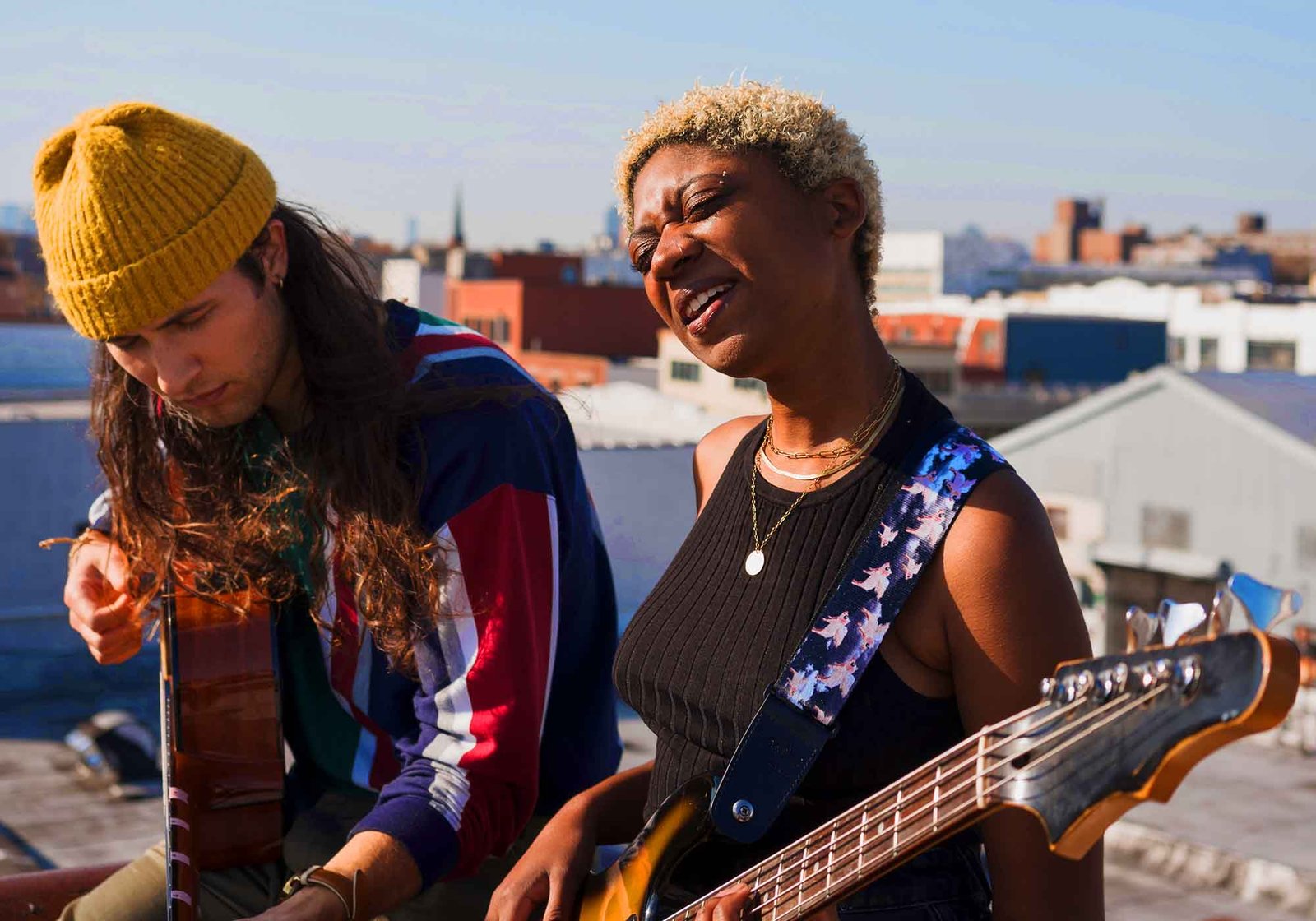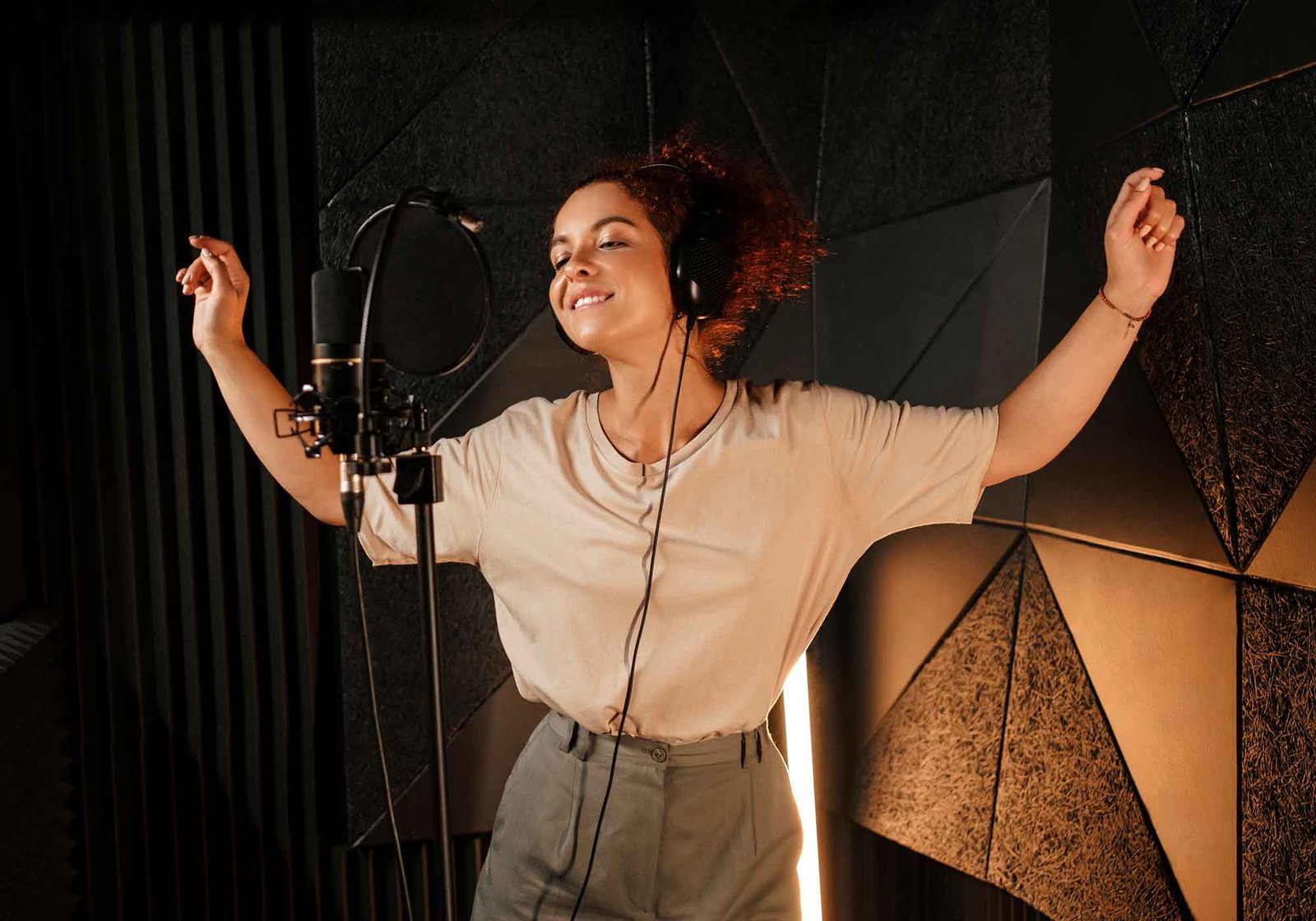-
play_arrow
MRS. NEWS RADIO STATION MUSIC RADIO STATION NEWS
-
 play_arrow
play_arrow
MRS. NEWS MR NEWS
How Social Media is Changing the Way We Experience Music
Social media has fundamentally transformed music discovery, making it more democratic than ever. Where radio and record labels once controlled what music reached the masses, platforms like TikTok, Instagram, and YouTube now allow independent artists to reach global audiences without traditional gatekeepers. Viral trends, challenges, and user-generated content can catapult unknown tracks to worldwide fame-seen with songs like “Old Town Road” and “Blinding Lights,” which gained momentum through mass sharing and creative reinterpretation by fans.
Artists now engage directly with their audiences, bypassing intermediaries. Features such as Instagram Live, TikTok Live, and real-time interactions on X (formerly Twitter) allow musicians to share behind-the-scenes moments, respond to fans, and humanize their brand. This real-time feedback loop fosters loyalty and transforms fans into active participants in an artist’s journey, rather than passive consumers.
Social media platforms use algorithms to suggest music based on user preferences, streamlining the discovery process. At the same time, fans play a central role in spreading new music by creating and sharing content-covers, remixes, or dance challenges-turning songs into viral phenomena. This grassroots approach means that music can break through based on organic popularity rather than industry push.
Previously, breaking into the music industry required significant resources and connections. Now, artists can build careers, cultivate audiences, and even go viral without label backing. Social media provides tools for branding, marketing, and analytics, allowing musicians to tailor content, target audiences, and measure engagement with unprecedented precision.
The rise of social media has shifted power from record labels to artists and fans. Digital platforms now wield influence comparable to traditional industry players, and fans themselves can make or break a song’s success through shares, likes, and trends. This shift was highlighted by high-profile licensing disputes, such as Universal Music Group’s temporary removal from TikTok, which underscored the industry’s dependence on these platforms for promotion and discovery.
While social media offers immense opportunities, it also brings new pressures. Artists are expected to continuously generate engaging content and maintain an active online presence, which can lead to stress and anxiety. The intertwining of music careers and social media visibility has made mental health a growing concern in the industry.
| Change | Impact on Music Experience |
|---|---|
| Democratized discovery | Anyone can find and share new music globally |
| Direct artist-fan engagement | Artists build loyal communities without intermediaries |
| Algorithmic recommendations | Personalized discovery streamlines finding new songs |
| Viral trends and user content | Fans drive hits and shape music culture |
| Empowerment of independent artists | Musicians can launch careers without labels |
| Shifted industry power | Fans and platforms rival labels in influence |
| Increased content demands | Artists face pressure for constant engagement |
Social media has not only changed how we find and share music-it has redefined who gets heard, how artists build careers, and the very nature of the artist-fan relationship in the digital age
Written by: MRS NEWS
Artists charts DJ events Hits Music Pop reviews Rock
Recent Comments
No comments to show.Search
Now on air

Vibe Check
Presented by Jordan Carter
Get ready to check your vibes! This show is all about the songs that are setting the mood and making waves in the commercial music scene. From feel-good tracks to emotional ballads, we play it all—plus, listener shoutouts and requests.
close-
Trending
Copyright MRS.NEWS - BAD BITCH MUSIC RADIO STATION



